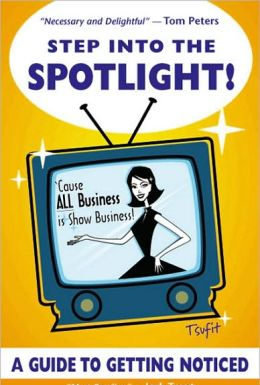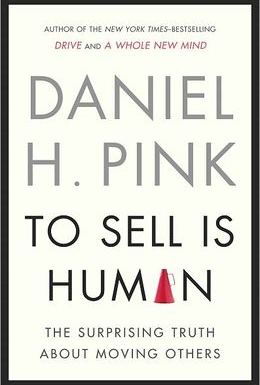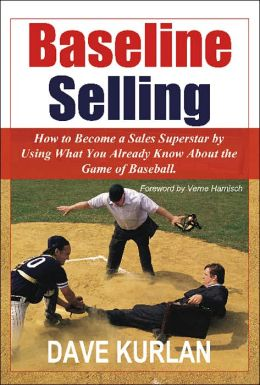Miscommunication is rampant among unsuccessful sales people. They know what they want to hear and they know what they think the prospect needs. Then they magically convert what the prospect says into what they were expecting if the two are anywhere close to each other. What happens next is they stop asking questions and just assume that they are on the same page as the prospect. They don’t verify that there is a compelling reason to move forward, they don’t confirm that there is enough money available to address the issue, and worst of all, they move through the sales process too fast. This causes pipelines that are bloated with prospects that are never going to buy. It also causes lots of wasted time writing quotes and proposals for unqualified prospects.
The problem is not only “magical hearing”. One of the primary culprits of miscommunication leading wasted time and pipeline bloat is being too accepting of what prospects say and not being skeptical enough to ask more questions. I am not suggesting that you disbelieve everything the prospect tells you … but keep an open mind … and verify what you think you heard by asking for more clarification. When you think they are saying what you want to hear, ask for more details. When you think you heard what you were hoping they would say, ask them why they believe that, or think that, or need that.
You don’t have to be confrontational, in fact you shouldn’t be (that’s a whole other subject for a future article). But you need to be curious enough to get deeper, to get behind what the prospect is telling you and get enough detail or enough of the rationale to be sure you are not just suffering from “happy ears” … hearing what you want to hear. Remember that prospects are Leary of salespeople until the salesperson earns their trust. They don’t intend to mislead (most of the time) but they do want to maintain control of the sales process and they do want that information that you can provide them. So they tell you enough to keep you in the game and let you draw (or jump to) you own conclusions. Sometimes they are just too nice to tell you no forcefully enough … and you get the wrong idea on your own.
So the lesson for today is to be skeptical about what prospects tell you. You will be surprised how that will change the nature and depth of the conversations you have with prospects. Watch this video to understand more about how that works and get more examples.





